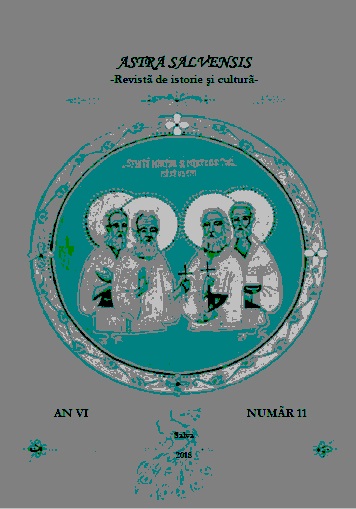BINARY OPPOSITIONS IN TRADITIONAL CULTURE OF JAPANESE AND KAZAKH PEOPLE
BINARY OPPOSITIONS IN TRADITIONAL CULTURE OF JAPANESE AND KAZAKH PEOPLE
Author(s): Hiroaki Ito, Kuralai Batkalova, Shynar Saudanbekova, Anuar Galiev, Ablet KamalovSubject(s): History, Social Sciences, Geography, Regional studies
Published by: Asociaţiunea Transilvană pentru Literatura Română şi Cultura Poporului Român - ASTRA
Keywords: Binary oppositions; cultural text; cultural code; ethnic identification; world model; semiotics;
Summary/Abstract: Identifying function of binary oppositions still remain actual in modern world, since binary oppositions are used in meaning-making and construction of sign processes. This study aims to examine binary oppositions, which form the basis of ethnic world-view of Japanese and Kazakh people. The research is based on semiotics approach, which considers language and culture as a single text formed by binary oppositions and contain “universal code” of national self-consciousness. In this study, binary oppositions are referred to as means that create culturally codified texts, where cognitive and conceptually significant relationship between cultural concepts, denoted by lexical antonyms, reflect language picture of the world as well as the world model of Japanese and Kazakh people. Sampling of binary oppositions was made on the basis of analysis of mythology and key cultural concepts of both nations. The results of comparative study made it possible to define core elements of ethnic culture of Japanese and Kazakh people that constitute fundamental factor in self-identification of both nations, and help to reconstruct their world model.
Journal: Astra Salvensis - revista de istorie si cultura
- Issue Year: VI/2018
- Issue No: 11
- Page Range: 463-480
- Page Count: 18
- Language: English

